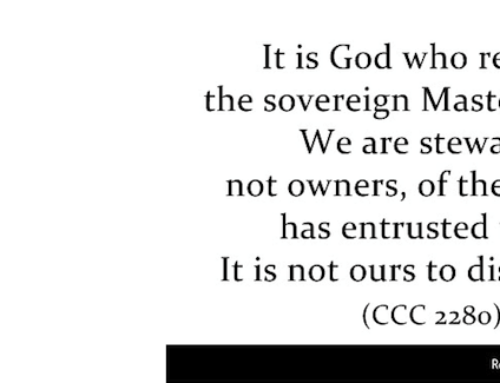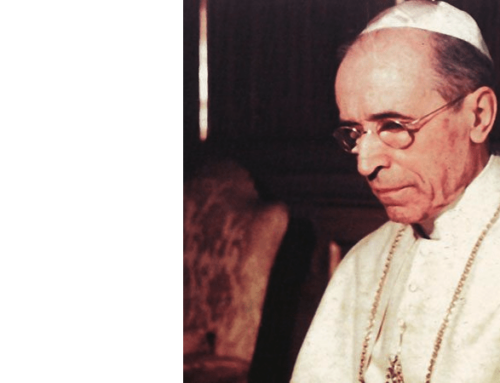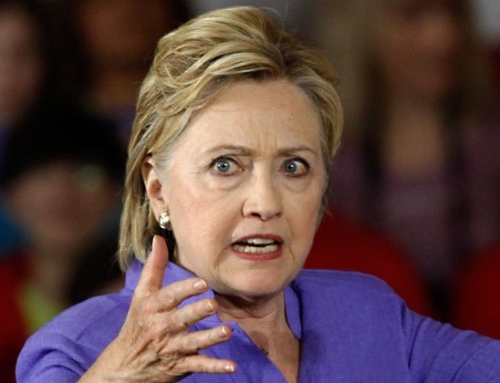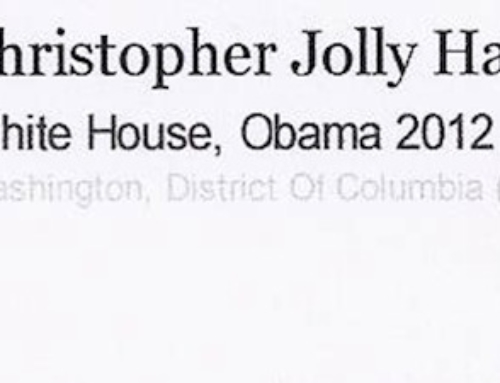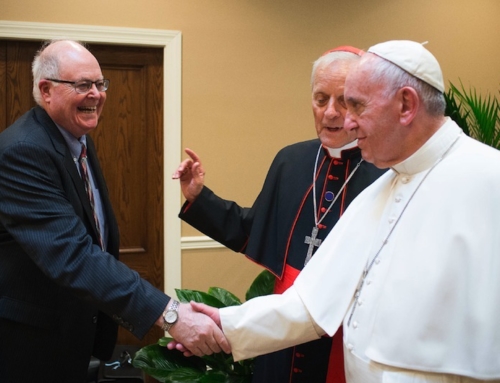By Bill Donohue
This article was originally published at Newsmax.com on October 31, 2013.
The education, political, and media elite have failed to address the crisis of sexual abuse in the public schools. It is one of the most under-reported scandals in the nation.
Thanks to the education establishment, led by the teachers’ unions, very little is being done about this problem. Politicians in both parties are hopelessly inattentive, treating the issue lightly. The media are cooperating by staging a blackout on any efforts to correct the situation. The public doesn’t know much about it, and that is because the elites in all three segments of society have no desire to inform them. As a result, the kids continue to suffer.
It has been painfully evident for a long time that most of the anger in elite quarters over priestly sexual abuse is contrived — these same people have no interest in doing something about kids being raped in the public schools. Here’s the proof.
On October 22, the House passed a bill that would bar teachers and staffers who were convicted of a sexual offense or violent crime from working with children in the public schools; it passed by voice vote and was sent to the Senate where it has yet to find a sponsor. It would also require schools to check state and federal criminal records when hiring. Opposed to the bill were the two major teachers’ unions, the National Education Association and the American Federation of Teachers.
The media ignored this story. With the exception of two online pieces, one by Associated Press Online and the other by abcnews.com, it was blacked out. Not a single newspaper picked up the AP story, and none of the broadcast nightly news shows mentioned it. The one media outlet that gave it high profile was Fox News: the day after AP cited it, Megyn Kelly covered it on her new show, “The Kelly File.” Since then, the issue has gone nowhere.
H.R. 2083, “The Protecting Students from Sexual and Violent Predators Act,” was introduced by Rep. George Miller, a member of the Committee on Education and the Workforce on May 22. The recent vote in the House came after the teachers’ unions succeeded in gutting one of its key provisions: requiring districts to check the registries of all states where an employee previously resided. So no matter what happens next, schools will not be required by federal law to see if an employee had been convicted of molesting a minor in another state.
A bill by the same name, with few changes, HR 6547, was first introduced by Miller in 2010; it was passed by the House on Dec. 21, 2010, and was sent to the Senate, where it died. It sought, as does the current bill, to amend the Elementary and Secondary Education Act of 1965, requiring criminal background checks for school employees. Miller’s 2010 effort drew a complete media blackout.
It’s not as though we lack data on the sexual abuse of children in the public schools. In 2004, the U.S. Department of Education published a report, “Educator Sexual Misconduct: A Synthesis of Existing Literature.” It found that nearly 10 percent of the students had been the victims of sexual misconduct, rape, or sexual assault.
In 2007, AP ran a series on this subject and found more than 2,500 cases over five years in which “educators were punished for actions from bizarre to sadistic.” That’s only the ones that got caught and were punished. “Most of the abuse never gets reported,” AP found. What often happens is that predators are moved from one school district to another, a practice so common it is known as “passing the trash.” Even those who are suspended keep their salaries, benefits, and pensions.
In 2010, Rep. Miller requested the U.S. Government Accountability Office (GAO) to investigate the manner in which schools check for sexual offenders when hiring; he also asked for a report on how state and federal legislation addresses such issues. The report was issued on Dec. 8, 2010, and became the basis of Miller’s bill that was introduced on Dec. 17. Its findings should have been widely reported, but instead it was ignored by the media.
The GAO found that there were no federal laws regulating the employment of sex offenders in the schools, and that state laws varied widely. Some states required a national fingerprint-based criminal history check for school employment, while others did not. Some had strong statutes on whether past convictions must result in termination, while others had no law.
Nationwide, the report found that there were more than 620,000 convicted sex offenders that are “either incarcerated, on probation, or residing freely in localities across the United States.”
The scope of the problem is so vast that the GAO had to selectively choose 15 case studies from 11 states for examination. In all 15 cases, teachers and staffers with a history of sexual misconduct were hired or retained; this included administrators. In at least 11 of these cases, schools allowed the child molesters to obtain or continue employment. “Even more disturbing,” the report found, “in at least 6 of the cases, offenders used their new positions as school employees or volunteers to abuse more children after they were hired.”
In four of the cases, school officials allowed teachers faced with disciplinary action to resign rather than face punishment. “As a result,” it said, “these teachers were able to truthfully inform prospective employers that they had never been fired from a teaching position and eventually were able to harm more children.” In three of these cases, administrators actually provided the predators with letters of recommendation.
Why did school officials allow the offenders to skate? Money. It could cost up to $100,000 to fire a teacher, one administrator said, even with “a slam dunk case.” That’s because the teachers’ unions will always defend the bottom of the barrel, no matter how morally destitute the teacher is. He can rape the kid in a closet and still walk.
In two-thirds of the cases, no background check was made on prospective employees. Teachers, administrative staff, maintenance workers, volunteers, contractors — all of them are able to get by without pre-employment criminal history checks. The result? In most instances, the offenders had been convicted — not accused — of molesting children, and in a few cases they continued to rape kids where they were working.
Even in cases where applicants are asked to self-report information regarding their criminal background, the GAO found a breakdown as red flags were ignored. For example, when an applicant for an Arizona teaching position admitted he had been convicted of “a dangerous crime against children,” no follow up was made by school officials with either the applicant or law enforcement. The molester got the job and abused a young female student at the school.
The elites in education are more interested in pleasing the teachers’ unions than in protecting children. Republicans and Democrats in Congress continue to stall, always finding a way not to do anything. When a bill is finally introduced, after the unions have succeeded in gutting it, the media fail to report on it.
The timeline of the sexual abuse scandal in the Catholic Church, when most of the damage was done, was the mid-1960s to the mid-1980s. Today, there is an average of 7 credible accusations made annually against nearly 40,000 priests. The reason this problem has been checked is mandatory background and training programs for every paid worker and volunteer in every parish and diocese in the nation.
The public schools need to get with the program and model themselves on the Catholic experience. To do that means putting children first — not teachers — and having the political will to do the job. It also demands that the media cover the abuse crisis in the public schools the way it covered the Catholic scandal.
Dr. William Donohue is the president of and CEO of the Catholic League for Religious and Civil Rights, the nation’s largest Catholic civil rights organization. The publisher of the Catholic League journal, Catalyst, Bill is a former Bradley Resident Scholar at the Heritage Foundation and served for two decades on the board of directors of the National Association of Scholars. The author of five books, two on the ACLU, and the winner of several teaching awards and many awards from the Catholic community, Donohue has appeared on thousands of television and radio shows speaking on civil liberties and social issues.


